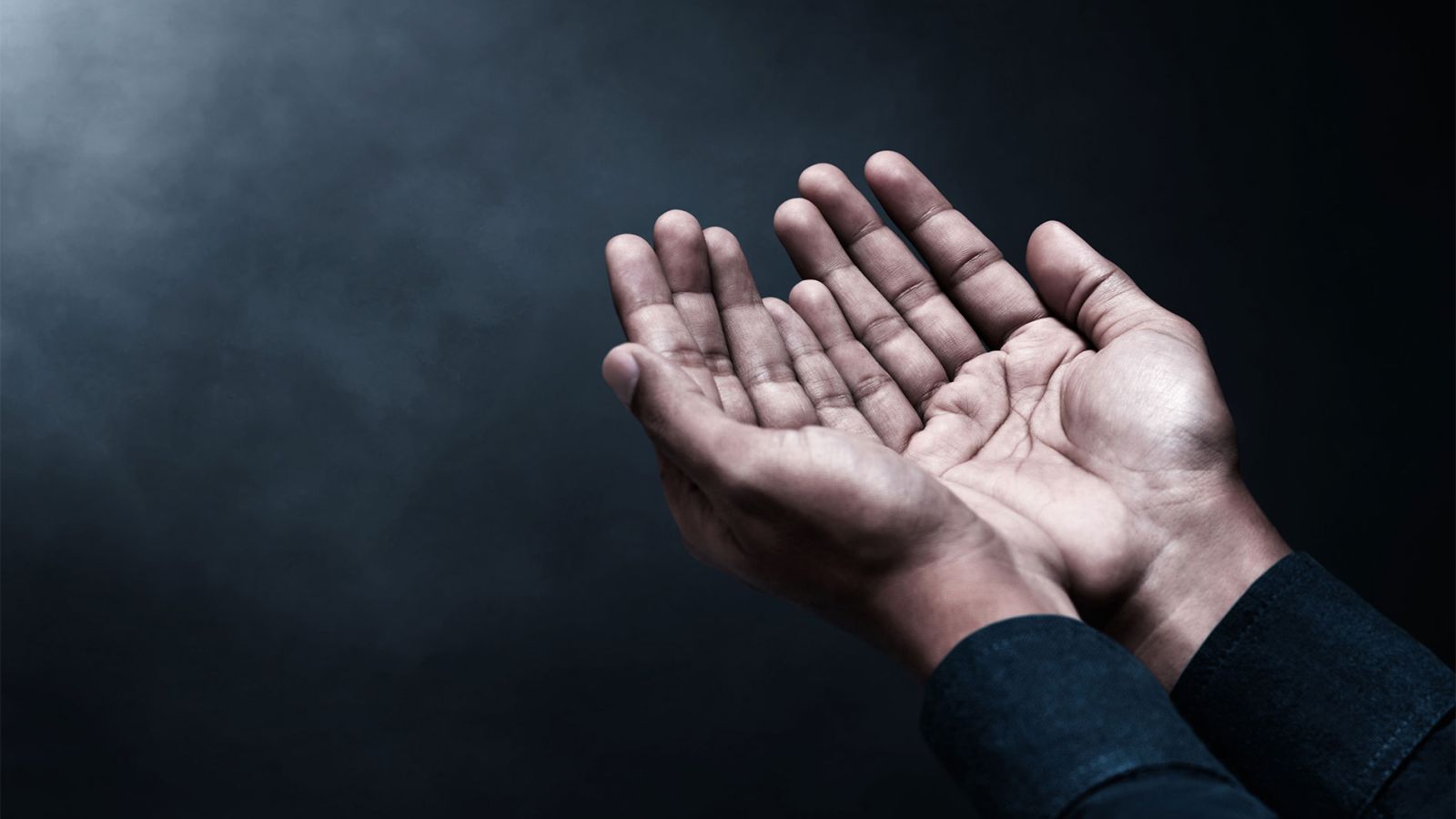Abū ʿUways reminded the congregation to learn the correct ʿaqīdah and seek knowledge.
Allāh being above His Throne is mentioned in the Qur`an seven times, such as Allāh’s Statement (which means): The Most Beneficent (Allāh) Istawaa` (rose over) the (Mighty) Throne (in a manner that suits His Majesty). (Sūrah Ṭā Hā, 20:5)
And concerning those who dispute, Abū ʿUways mentioned Allāh’s statement (which means):...Do you know better or does Allāh? (Sūrah al-Baqarah, 2:140) Allāh knows more about Himself than you. And the most knowledgeable of the creation – Muḥammad (ṣallallāhu ʿalayhi wa-sallam) – was given more knowledge about Allāh than you.
And when the Prophet (ṣallallāhu ʿalayhi wa-sallam) asked the slave girl – to determine if she was a believer – “where is Allāh?,” she pointed to the heavens and said “above the heavens.” She pointed upward – not to the right nor to the left nor downward, nor inside her mouth, nor to herself.













